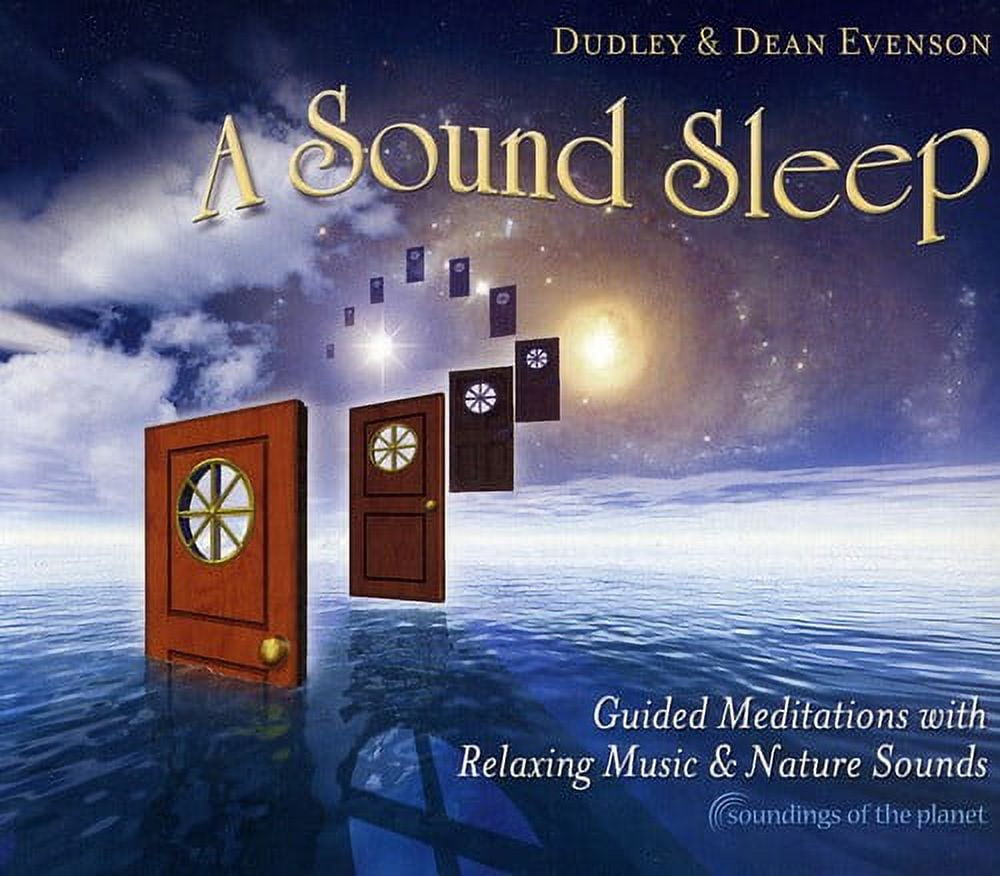963 Hz Frequency – Simple Ways To Add It to Your Daily Routine
Wiki Article
Transform Your Meditation Experience With the Right Reflection Music Choices
The option of songs can significantly affect the reflection experience. Numerous styles and styles serve different purposes, affecting leisure and emphasis. Ambient audios might develop tranquility, while nature sounds can evoke a sense of connection. Comprehending how to select the ideal songs is crucial for enhancing mindfulness practices. But what specific aspects should one take into consideration when curating a reflection playlist? The solutions might change just how one approaches their meditative trip.The Scientific research Behind Songs and Reflection
Although lots of people take pleasure in the calming effects of songs throughout reflection, the underlying science reveals a much deeper link between sound and mental health. Study shows that songs can substantially affect brain task, promoting relaxation and lowering stress and anxiety. When individuals pay attention to soothing melodies, their bodies generate lower levels of cortisol, the stress and anxiety hormone, which facilitates a state of peace necessary for meditation.Moreover, research studies reveal that certain frequencies and rhythms can improve focus and psychological policy. The mind replies to acoustic wave, turning on neural pathways related to relaxation and mindfulness. This communication can cause increased alpha and theta brainwave task, states generally linked to deeper reflection experiences.Additionally, music can offer as an anchor, assisting professionals in maintaining their emphasis and presence during reflection sessions. As a result, understanding the scientific research behind music and reflection highlights its potential to improve psychological clarity and psychological security, making it an important device for specialists.Selecting the Right Style for Your Practice
How does one choose one of the most suitable genre of music for reflection technique? The choice of genre significantly influences the total reflection experience. Each genre evokes different psychological feedbacks, affecting relaxation and focus. Ambient music, characterized by its soft, angelic noises, commonly develops a serene ambience helpful to deep reflection. Nature sounds, such as flowing water or birdsong, can boost link to the setting and promote mindfulness.Conversely, classic music, particularly items with slow-moving paces, can assist in a soothing yet structured meditation session. Using crucial songs, lacking lyrics, minimizes distractions, allowing practitioners to submerse completely in their thoughts. Inevitably, the appropriate category depends upon personal choices and the certain goals of the reflection method. Experimentation with various designs can help people find what resonates best, cultivating a much more enhancing meditation experience.Creating a Personalized Reflection Playlist
Crafting a personalized reflection playlist can enhance the reflection experience by aligning the selected songs with individual choices and goals. To produce a reliable playlist, one should first recognize the desired state of mind or intention for every session, whether it's leisure, emphasis, or emotional recovery. Picking tracks that resonate with these intents can intensify the impact of the meditation practice.Next, it is advantageous to check out numerous genres, such as ambient, classic, or crucial, while also thinking about the pace and rhythm of each item. A well balanced mix of brand-new and acquainted sounds may keep the experience fresh and appealing. In addition, the size of the playlist should match the duration of the meditation session, enabling a seamless flow without disruptions. Regularly updating the playlist can also help preserve motivation and motivation, eventually leading to a more fulfilling meditation journey.The Role of Nature Sounds in Enhancing Relaxation
Nature sounds play a considerable role in enhancing relaxation during meditation, as they can stimulate a feeling of tranquility and link to the all-natural globe. The mild rustling of leaves, the relaxing noise of streaming water, or the distant calls of birds can transfer the mind away from daily stressors, cultivating a serene psychological area. Research study shows that these natural audios activate a physical reaction, lowering heart rates and lowering anxiety levels.Incorporating nature sounds right into reflection methods can help secure the meditator's emphasis, promoting a much deeper state of mindfulness. As these sounds are typically familiar and comforting, they create a background that motivates the release of stress. Whether with recorded tracks or the all-natural atmosphere, integrating these auditory elements can substantially enhance the overall reflection experience. Ultimately, nature appears act as a powerful device for those seeking to attain a higher feeling of peace and leisure throughout their practice.
Live Music and Guided Sessions: An Unique Approach
Incorporating online music into reflection techniques presents a transformative and dynamic element that boosts the experience past fixed nature sounds. Live musicians can develop an one-of-a-kind environment, enabling participants to attach with the existing moment through spontaneous tunes and rhythms. This communication fosters a much deeper psychological reaction, helping people immerse themselves fully in the reflection process.Guided sessions that integrate live songs typically feature a facilitator that blends verbal signs with musical enhancement, improving focus and leisure. The online aspect permits a liquid experience, adapting to the team's energy and requires in real-time. This versatility can lead to enhanced states of understanding and much deeper states of relaxation.Moreover, online songs can promote a sense of neighborhood among individuals, as shared experiences typically amplify the reflective journey. Eventually, this unique technique enriches reflection, transforming it right into a multi-sensory and appealing experience.Tips for Staying Mindful While Listening to Music
Just how can one really boost their mindfulness while listening to songs? To cultivate a mindful experience, people should initially pick music that reverberates with their meditation goals, choosing instrumental or soothing items. Creating a specialized room devoid of disturbances is vital; this permits the audience to immerse themselves completely in the acoustic experience. Concentrating on the sensations generated by the songs-- such as tune, rhythm, and consistency-- can deepen mindfulness.Practicing deep breathing while paying attention urges people to connect with the music on an extensive level. It is likewise helpful to keep an open awareness, acknowledging thoughts and feelings that occur without judgment. By purposely returning attention to the music whenever the mind wanders, one can reinforce the practice of mindfulness. Eventually, integrating these ideas can change the act of paying attention right into an abundant, reflective experience that improves general wellness.Regularly Asked Inquiries
Just How Does Meditation Songs Impact My Brain Waves?

Can I Make Use Of Popular Songs for Reflection?
Making use of popular songs for meditation can differ in effectiveness. While some individuals may discover familiar melodies soothing, others could be distracted by verses, possibly interfering with the meditative state sought during practice. Personal preference plays 963 Hz Frequency an essential role.
What Is the Ideal Volume for Reflection Music?
The suitable volume for meditation songs is generally soft, enabling a gentle background existence. This quantity fosters relaxation without frustrating the mind, advertising deeper focus and a relaxing ambience for meditation techniques.
Just how Long Should I Pay Attention to Music During Reflection?
The period for paying attention to songs during meditation varies. Normally, practitioners suggest 10 to thirty minutes, enabling adequate time to focus and loosen up (Why Is 963 Hz The God Frequency). Eventually, specific choices and reflection objectives affect the ideal listening lengthIs It Okay to Sing Along While Meditating?
The question of vocal singing along throughout reflection is subjective. Some people locate it boosts their technique, while others believe it interrupts focus. Eventually, personal preference and the meditation style determine whether vocal singing is ideal. Several individuals appreciate the comforting results of songs throughout meditation, the underlying scientific research exposes a deeper connection between noise and psychological health. Ambient songs, defined by its soft, spiritual audios, usually develops a serene ambience helpful to deep meditation. Nature sounds, such as flowing water or birdsong, can boost link to the atmosphere and promote mindfulness.Conversely, timeless songs, especially pieces with slow-moving paces, can help with a calming yet structured reflection session. Crafting an individualized meditation playlist can enhance the reflection experience by lining up the chosen songs with private preferences and objectives. Integrating live songs into reflection methods introduces a vibrant and transformative component that enhances the experience past fixed nature sounds.Report this wiki page